Launch Your Post-Military Career
Launch your civilian career with a game-changing experience—featuring elite mentorship & training, weekly access to top executives at veteran-friendly companies, and hands-on OJT that can lead to full-time job offers. Open to transitioning service members, veterans and milspouses.
Enroll in 7 Eagle Academy Today!
SkillBridge applicants will automatically receive a personalized Training Plan & Offer Letter to submit for command approval or include with your DoD SkillBridge application.
"*" indicates required fields
Got questions? Join our 30-minute live Zoom orientation every Monday, Wednesday, & Friday at 1 PM EST to learn more about 7 Eagle Academy. Register Here.
**ALL Appointments will be in Eastern Standard Time**
**ALL Appointments will be in Eastern Standard Time**
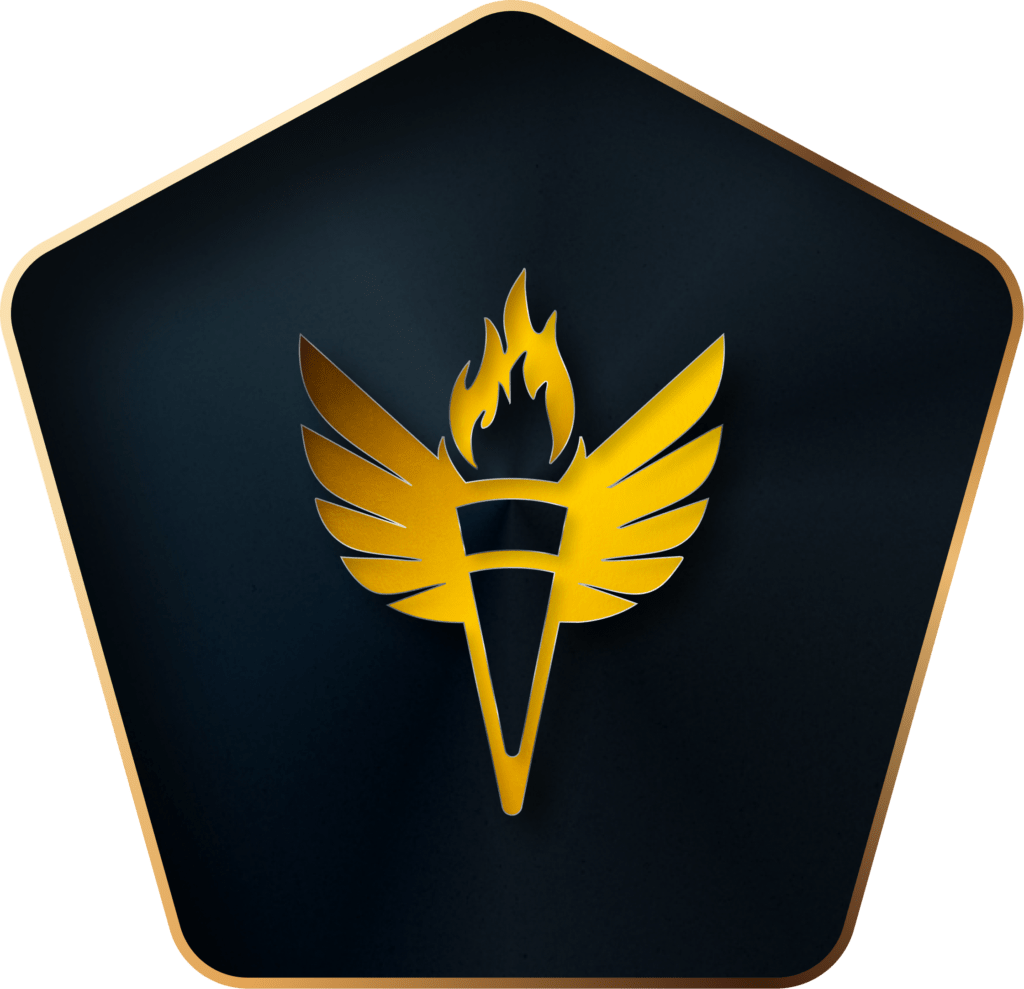
ACADEMY
Your Action-Packed Academy Agenda


Part 1: Foundations
- Kickstart your civilian journey with essential tools and confidence.
- Discover your ideal career path and set bold goals through exclusive seminars.
- Craft a standout resume and LinkedIn profile.
- Master job search, networking, and interview skills.
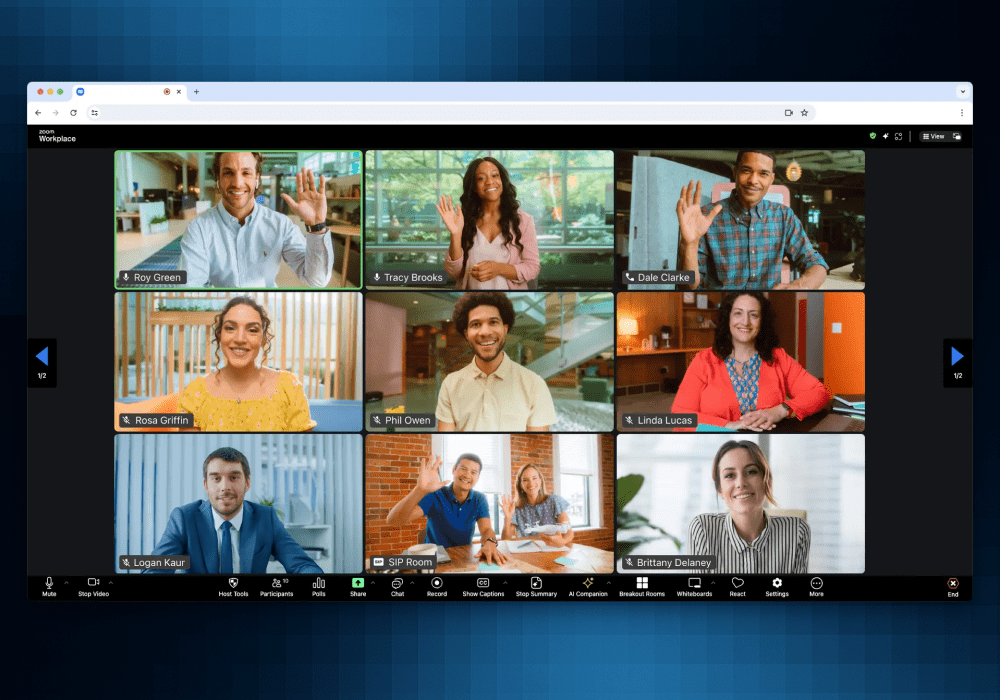

Part 2: Connections
- Supercharge your network with weekly intros to executives from 20+ military-friendly companies from a variety of industries.
- Gain game-changing insights from industry leaders, hiring managers, and veteran mentors.
- Access curated resources, including certifications, bootcamps, business ownership guidance, financial readiness tools, and real estate expertise.


Part 3: Careers
- Master skills in your chosen industry for a seamless transition.
- Stay engaged with daily check-ins and earn industry-recognized certifications.
- Convert OJT opportunities to permanent civilian roles upon program completion.
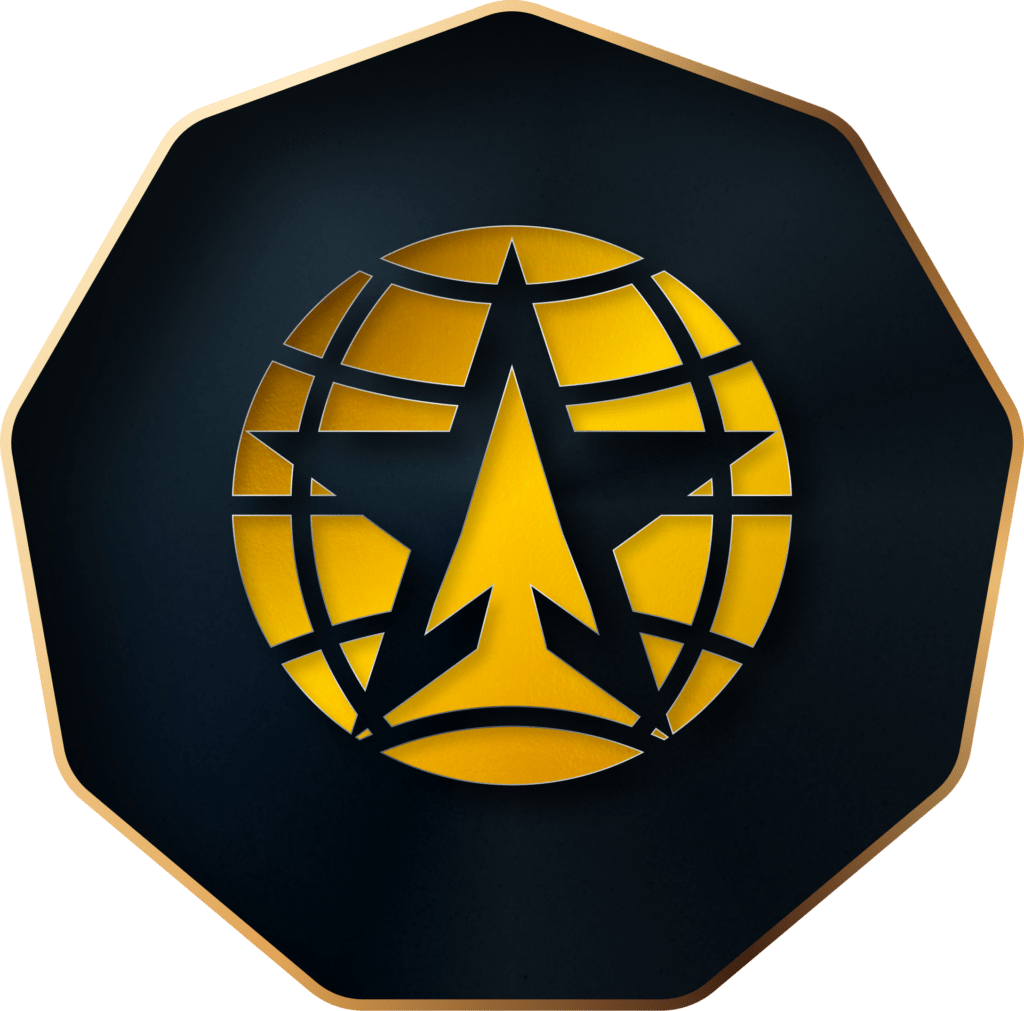
CONNECT
Get on the Radar of Military-Friendly Employers
Build your professional profile on our exclusive talent network and showcase your military experience, skills, and career goals to hiring managers who value what you bring. Our platform connects highly skilled transitioning service members, veterans, and military spouses directly with employers who understand military talent and are actively seeking candidates like you.
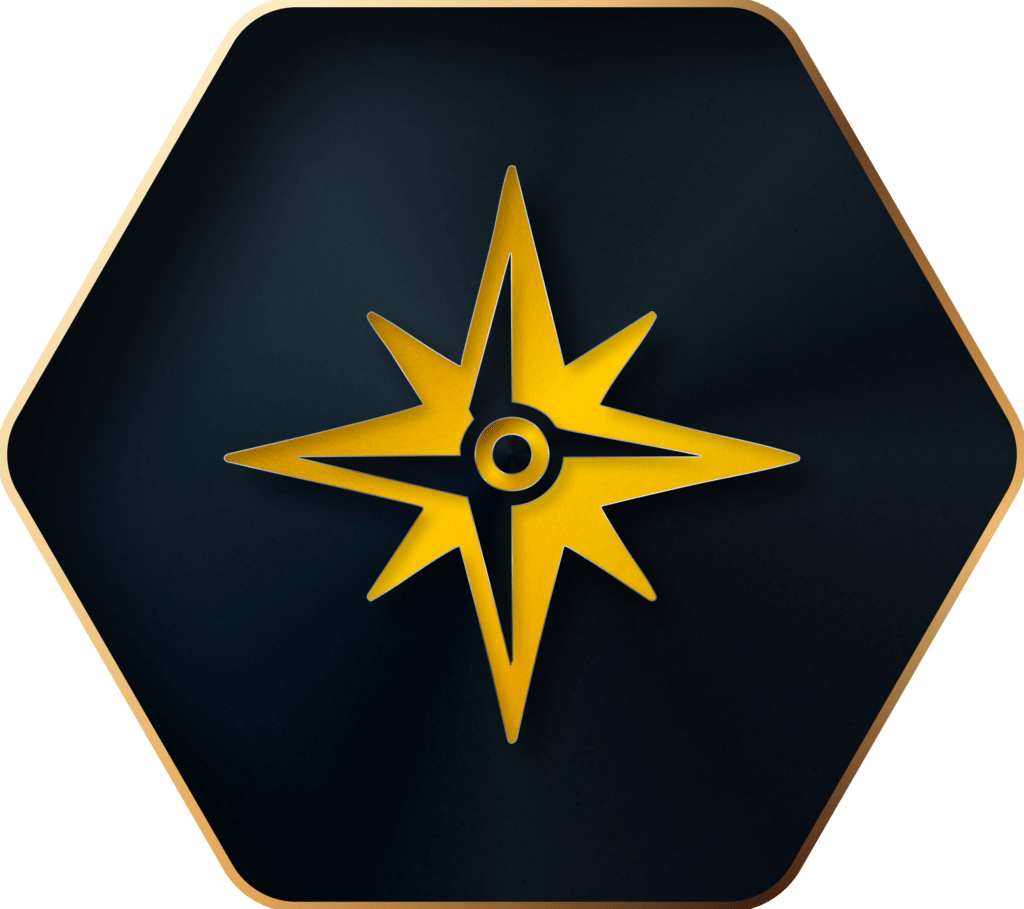
COMMUNITY